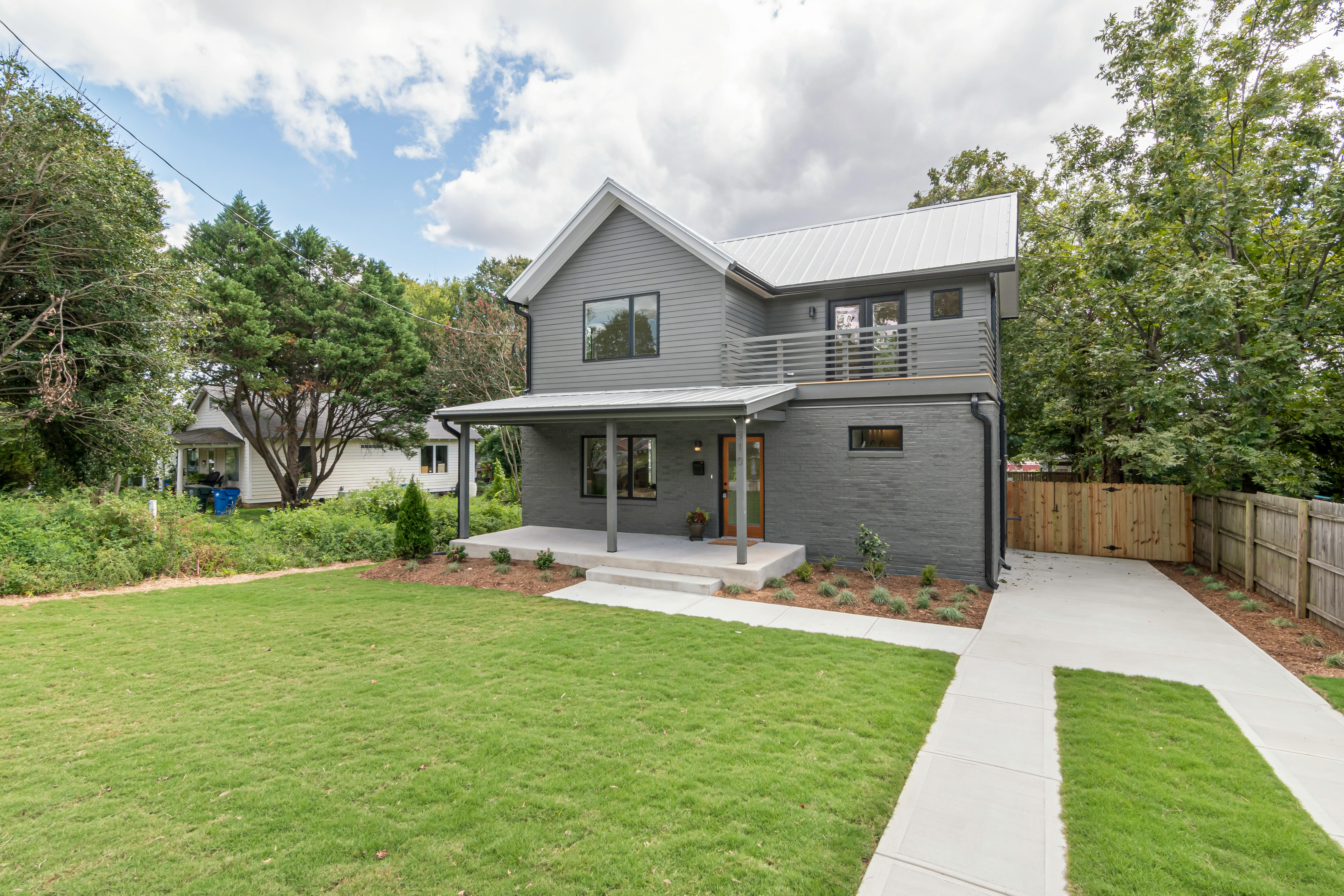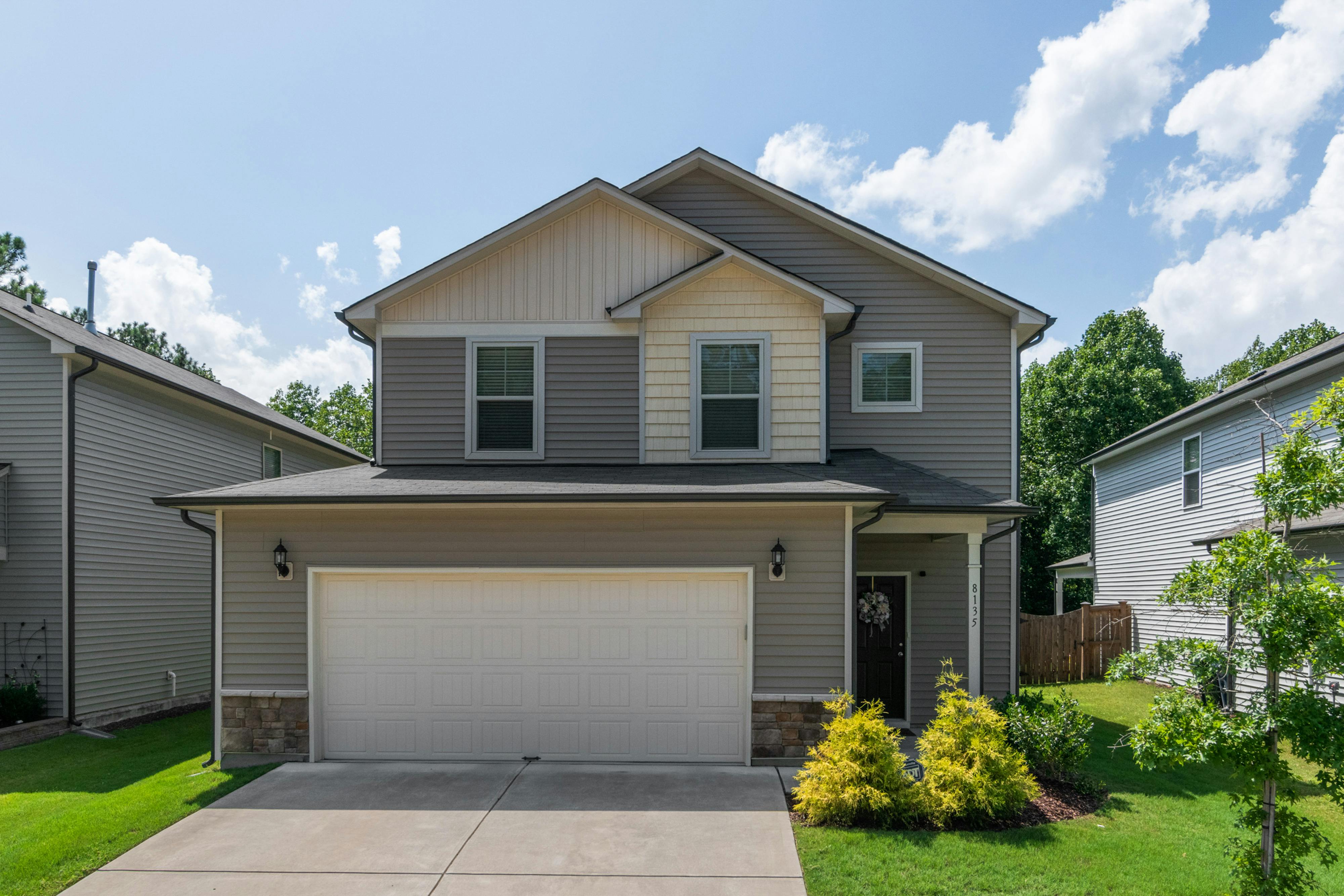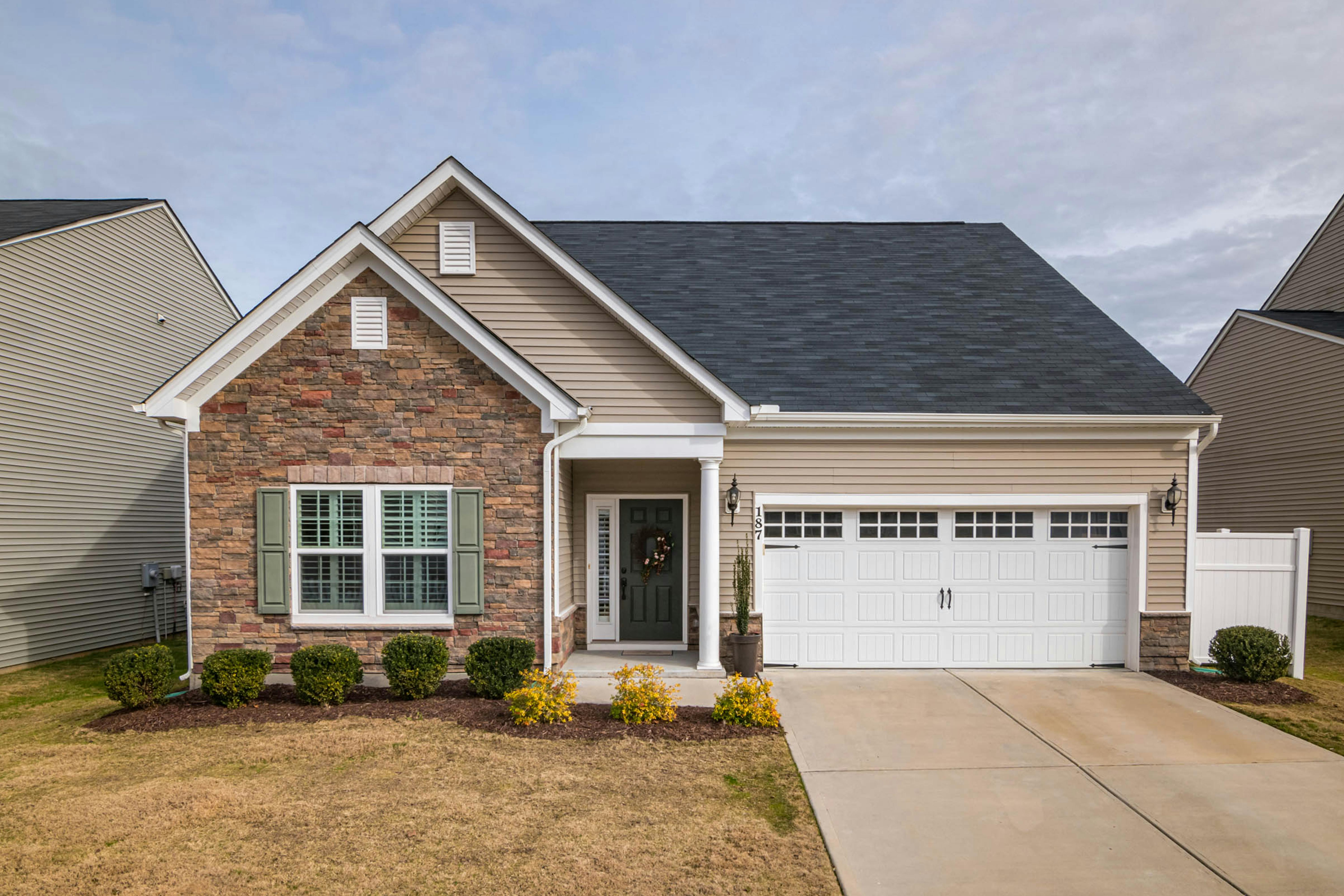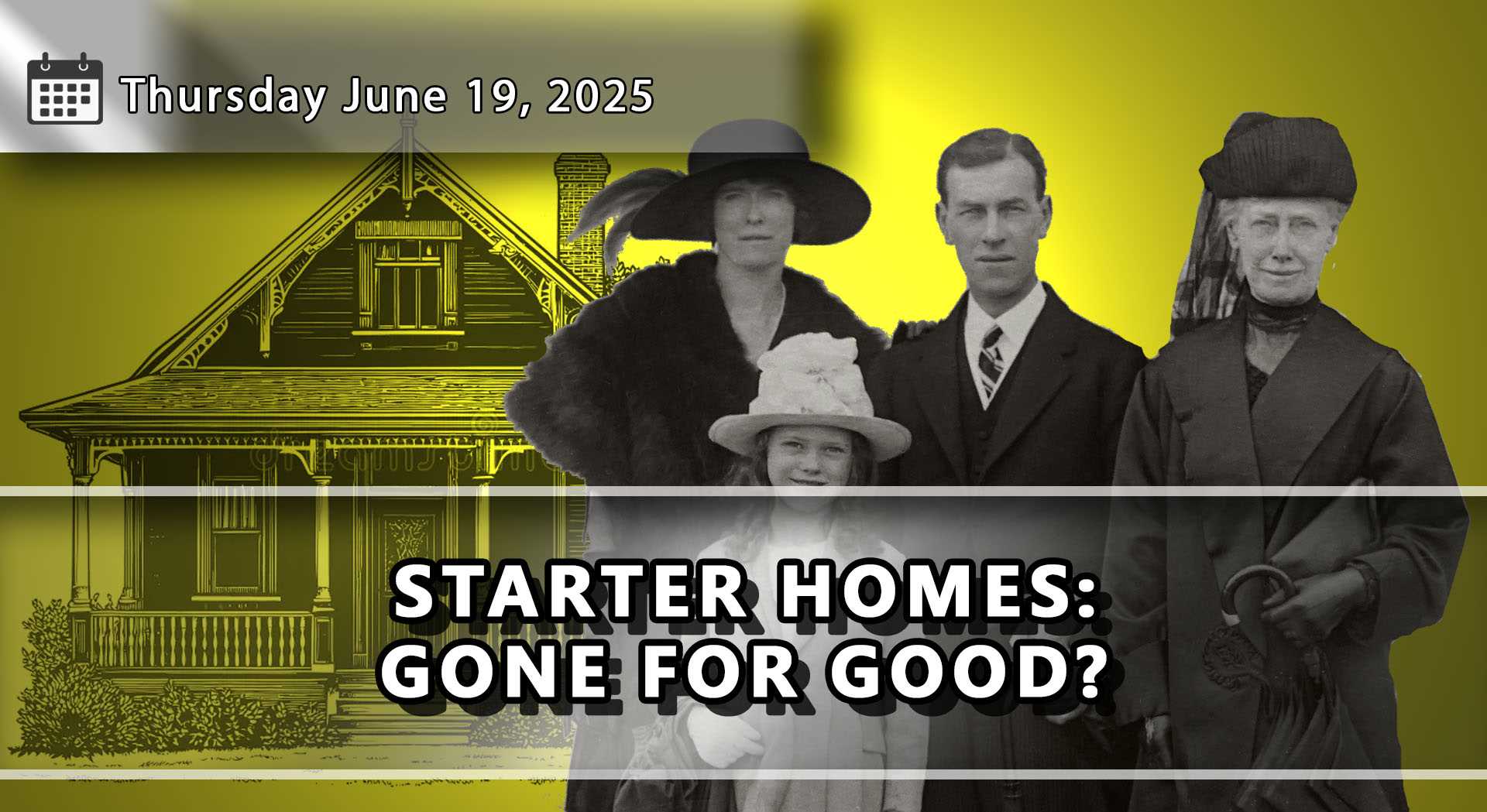By David Elver for REALTOR.ca
It used to be, almost everyone’s first home was considered a “starter home.” But between a lack of housing supply, the rising cost of housing, and other economic challenges, is the concept of starter homes even a thing in Canada anymore?
In this article, we’ll cover:
What is a starter home?
What’s caused a change in starter homes?
What do starter homes look like today?
What are first-time home buyers looking for now?
Renting vs. buying: what’s more realistic?
Getting into the Canadian housing market for first-time home buyers
What is a starter home?
Traditionally, starter homes were the first homes most people bought when they were just beginning to build their lives, careers, and families.
Starter homes were usually small, modest, and relatively inexpensive properties that were often located in less sought-after neighbourhoods or needed a few renovations. While they may not have been anyone’s idea of a “forever home,” starter homes were an affordable way for first-time buyers to get a foot on the property ladder, and start building equity without having to save for decades first to afford the down payment.
When it comes to starter homes, think less than 2,000 square feet, liveable, but a DIYer’s canvas of possibility. They became popular following the Second World War when, in 1946, the Canadian Mortgage and Housing Corporation (CMHC) was created. The CMHC helped make homeownership more attainable for Canadians by administering housing programs, offering loans and overseeing social housing, and the boom of single-family homes began (think strawberry box houses).
What’s caused a change in starter homes?

Today, however, Canada’s affordability crisis coupled with a lack of supply has dramatically changed both the kind and price of properties that would’ve once been considered starter homes.
In the 15 years between 2006 and 2021, the average price of a home in Canada more than doubled in value. At the same time, rents in much of the country have also risen significantly, hampering the ability of many renters to save for that all-important down payment.
“The traditional idea of a starter home—a small, affordable property that a buyer stays in for a few years before moving up—has definitely shifted,” says Mike Dirks, REALTOR® and owner of Dirks Real Estate, and Director of Education at Royal LePage Westside in Vancouver, British Columbia.
“With rising prices, higher interest rates and more stringent mortgage qualifications, many first-time buyers are either stretching to buy something they can stay in longer, or holding off on purchasing altogether,” he explains.
What do starter homes look like today?
“A starter home used to be a modest, entry-level property, often a small, detached house,” Dirks says. “Today, the first purchase is often a condo or townhouse, especially in urban areas where detached homes are out of reach.”
According to Christine Cowern, a REALTOR® and Managing Partner of The Christine Cowern Real Estate Team in Toronto, Ontario, starter homes today are both smaller and located farther afield than most buyers would have accepted a decade or two ago.
“Starter homes used to be semi-detached or detached homes that were centrally located,” she explains. “Now, people are having to move outside the large city centres and farther away from work, because urban areas are too expensive. Or if they need to remain in the city, they’re buying condos or townhouses, which are [generally] more affordable.”
What are first-time home buyers looking for now?

Because they have to save for so much longer to afford a down payment, today’s first-time buyers are also typically older and may have larger families than in the past.
Between 1977 and 2000, for example, public records show the average age of a first-time home buyer in Canada increased from 32 to 36 years old. Today, some first-time buyers are waiting until they’re well into their 40s or until they receive an inheritance to buy their first home.
As a result, many traditional starter properties don’t offer enough space for today’s older buyers and their families. In addition, because their budgets are already stretched to the limit, those buyers who do manage to find a home they can afford will often stay there much longer before they can build enough equity to move up the property ladder.
“Many buyers today see their first home as a long-term investment,” Dirks says. “In the past, buyers would get into anything they could afford, assuming they’d trade up in a few years. Now, many buyers want extra bedrooms for future kids or work-from-home setups, outdoor space and proximity to transit, knowing they may be in this home for 10-plus years instead of five.”
According to Crystal Tost—Managing Partner of the Calgary Listings Group in Calgary, Alberta, and a REALTOR® with more than 25 years of experience—price is the main factor driving what most buyers are looking for.
“When I started in real estate in 1997, most first-time buyers were in their 20s, and they were happy just to get into a detached home—even if it had very basic finishes,” she explains. “They saw it as a stepping stone, something they could upgrade over time.
“Back then, a new build in a suburban community could be purchased for around $120,000. Today, those same homes are selling in the $600,000 range,” she adds. “Because of this, there’s been a change in expectations—many buyers today want higher-quality finishes and upgrades from the start, likely because of how much they’re paying compared to past generations.”
Renting vs. buying: what’s more realistic?

In the end, the answer as to rent or buy comes down to your personal financial situation. You’ll need to weigh factors such as job security and whether or not you want to lay roots somewhere for the foreseeable future.
Cowern notes that for many Canadians, renting has become a new form of starter home.
“Years ago, owning a home was considered a higher milestone of financial success and adulthood than it is today,” she says. “With the upward trajectory of prices we’ve seen over the last few years, renting is almost a prelude to homeownership now, whereas in the past, people would go right into buying a home and skip renting altogether.”
According to Tost, another big change is that most first-time buyers who want to enter the housing market simply can’t afford to do it alone.
“Many are purchasing with a spouse, a partner or even a parent,” she says. “A lot of them feel discouraged, especially those who dream of owning a detached home but find it out of reach.”
Getting into the Canadian housing market
There is some good news, however. The combination of lower interest rates and recent changes to the federal rules governing mortgages could make it easier for first-time home buyers to enter the market over the next few years.
Plus, there are still a few things buyers can do to help make buying their first home more affordable.
Make a firm distinction between the things you want and things you need in a home.
Open your search to include condos, apartments, and townhouses instead of only traditional detached single-family homes.
Consider buying a fixer-upper or a smaller property than you’d ideally prefer, or look for desirable homes in lesser-known neighbourhoods that are farther from the city centre.
If your circumstances allow, consider moving to a town or city where housing is relatively more affordable.
If you’re a first-time home buyer (or hope to become one), give us a call for guidance.
In addition to answering any questions you may have, we can walk you through all the options that are available in your price range, and help you find a home that fits your needs.
You can call me at 905-683-7800 or email me at brian@briankondo.com.
Thanks for reading today’s BLOG!!!

Brian Kondo
Sales Representative / Team Leader
The Brian Kondo Real Estate Team
Re/Max Hallmark First Group Realty Ltd.
905-683-7800 office
905-426-7484 direct
brian@briankondo.com
www.BrianKondo.com
www.BrianKondoTeam.com
David Elver's article was initially published on Realtor.ca. You can find it by clicking here.
| REALTOR.ca is the most popular and most trusted real estate website in Canada. Owned and operated by the Canadian Real Estate Association (CREA), REALTOR.ca provides up-to-date and reliable information that makes finding your dream property easy and enjoyable. REALTOR.ca is popular with sellers, buyers, and renters and is accessible online and on mobile devices. |
|
David Elver |
About the Author David Elver is a Vancouver-based freelance writer, editor, and screenwriter who has worked with some of Canada’s leading public- and private-sector organizations. His work has appeared in newspapers, magazines, and online publications across Canada, and run the gamut from feature articles and social media success stories to best-selling coffee table books and two feature-length television movies. David enjoys kayaking, snowshoeing, and sunset strolls on the beach, although usually not at the same time. |
Homesellers - Find Out What Homes in Your Neighbourhood are Selling For! You can receive a FREE computerized printout of ALL recent Home Sales and Current Listings in your neighbourhood. Click here!
Best Buy Hotlist - You can receive a FREE list of the 10 Best Buys in your
specific price range sent to you at No COST or OBLIGATION.
Click here!
Your Home Sold Guaranteed or I'll Buy It!* No Gimmicks! For a Free Special Report that Details my Guaranteed Sale Program, visit: www.BriansGuaranteedSaleProgram.com.
Remember, your referrals change lives! We donate a portion of our income on every home sale to a great worthy cause like SickKids Hospital. To find out more visit: www.ReferForSickKids.com.
If you or anyone you know is considering making a move in the next little while, give me a call or pass on my number ... 905-683-7800 (Office) or 905-426-7484 (Direct).
#StarterHome #ReadyToBuyHome #BuyingHome #PreApproval #SavingDownpayment #Mortgage #HomeBuyers #FinanciallyReady #FinanciallyEquipped #FinancialPlanner #HomeInsurance




